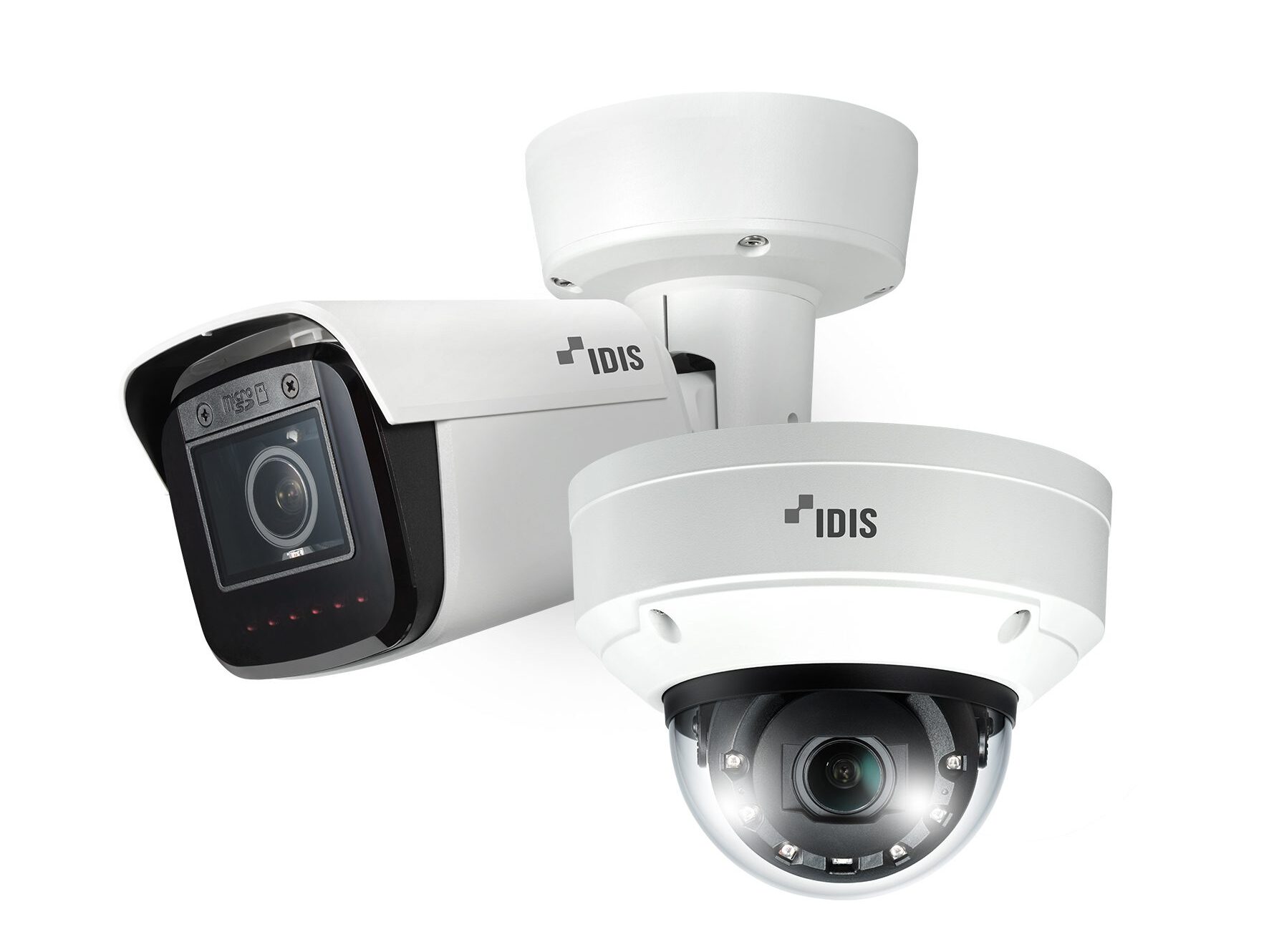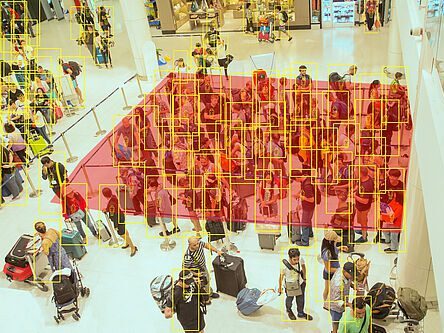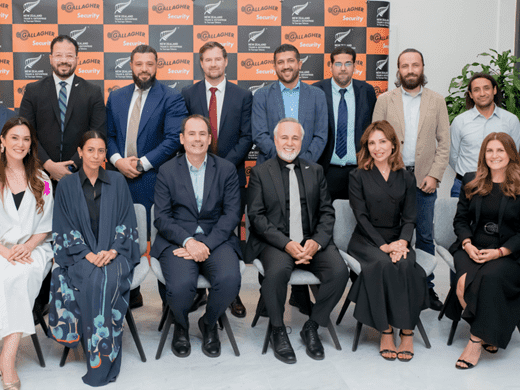Uri Guterman, Head of Product and Marketing at Hanwha Techwin Europe discusses the next generation of video cameras.
Compared to some other technologies, video cameras haven’t been around for that long. First used in 1942 to observe a rocket launch, cameras didn’t become used publicly until the 1960s. This makes the technology’s numerous advances since then all the more impressive — improving image quality and capture, footage storage and integrations with wider security and business systems. Becoming what we recognise today as a core part of every security function — and beyond.
Video cameras are set to advance again, thanks to artificial intelligence (AI) maturing and becoming mainstream. A trend that was accelerated by the Covid-19 pandemic with 52% of companies increasing their AI adoption because of Covid-19 and 86% stating that AI is now mainstream in their organisation.
In video cameras, AI plays a two-fold role in making image analysis possible but also improving the quality and reliability of captured footage. In doing so, AI is bringing new levels of situational awareness and understanding to security teams and other business functions.
Why AI in video matters
As the complexity of cameras and data have increased, so too has the need for intelligent and quick ways to process it. Modern-day video cameras capture a vast amount of footage — and that generates reams of data that is impossible for human teams to manually sort through. AI-based solutions are the only practical answer for this, helping staff comb through vast volumes of data to see exactly what they need to, when they need it.
In many ways, AI adds a brain to video surveillance systems. With AI’s support, operators no longer just ‘see’ what’s happening but they have greater context from connected sensor data and they can focus on the events that need human input.
AI at work in today’s cameras
As for AI’s role in current video surveillance systems, it improves every part of operations, from situational awareness and response times to investigations and team efficiency.
Greater focus
With AI continuously analysing footage from video cameras, operators can focus solely on the things that require their direct input. AI can alert them to suspicious behaviour, for instance, or potential trespassing, emergencies like fire or flooding, and vandalism. More specialised AI can aid with traffic management, by analysing traffic density or average travel time in a particular area, flagging dangerous driving or illegally stopped vehicles.
Fewer false alarms
Thanks to deep learning, AI cameras are now so advanced that they can differentiate between real events that trigger different actions. For example, not triggering an alert when wildlife enters a predefined area but alerting staff if a person enters it. This reduces false alarms. Video noise can also be disregarded so operators don’t waste time and effort on false alarms.
Advanced search
Alongside this extreme accuracy, operators can also use AI tools, like the Wisenet WAVE smart search, to search for specific features or footage. Instead of manually watching hours of footage, AI can pinpoint the exact video needed from an event. Operators can also find people wearing specific items of clothing, different age groups and genders, and various vehicle makes, colours, and number plates. With this, a shoplifter could be quickly identified or a stolen vehicle apprehended.
Media contact
Rebecca Morpeth Spayne,
Editor, Security Portfolio
Tel: +44 (0) 1622 823 922
Email: [email protected]


























